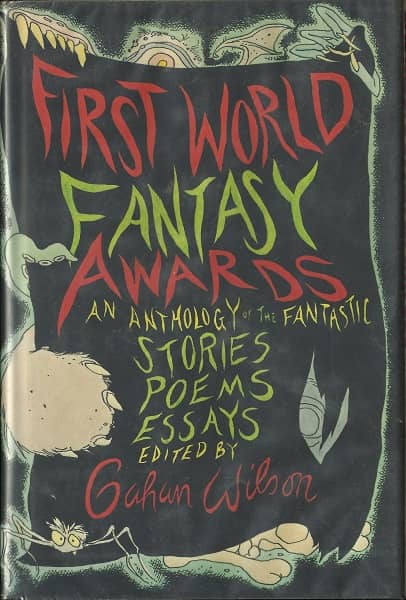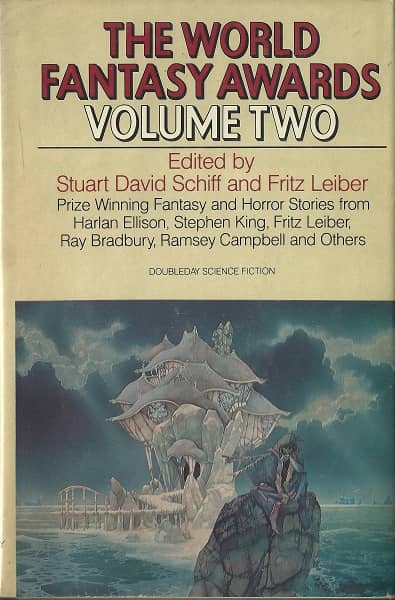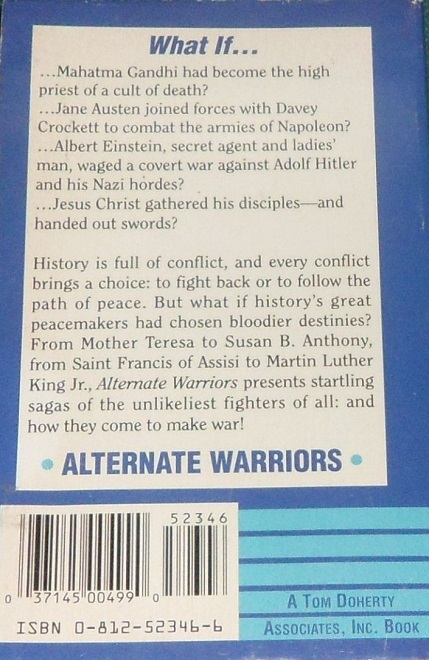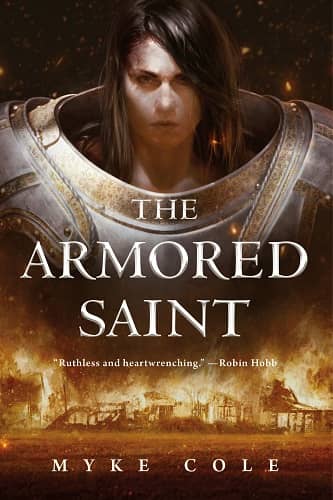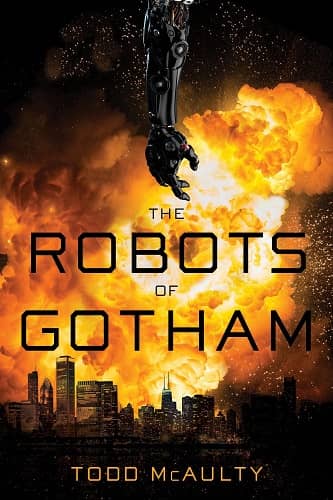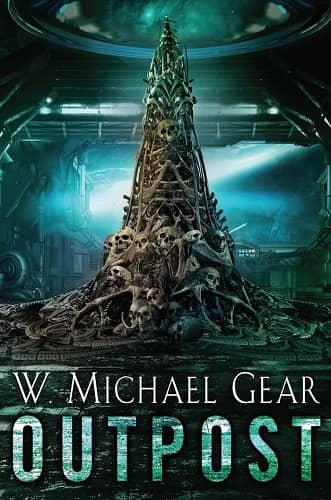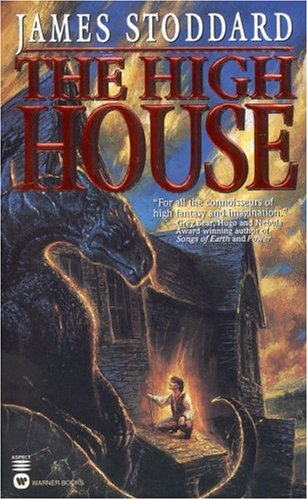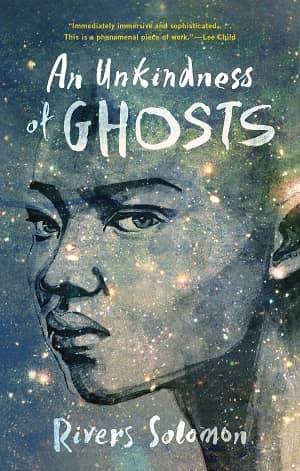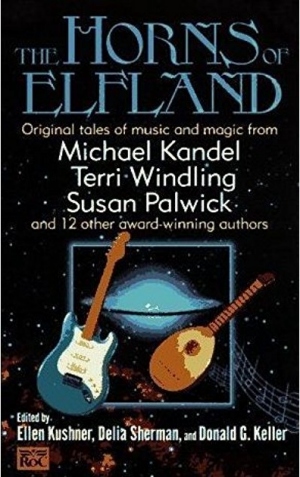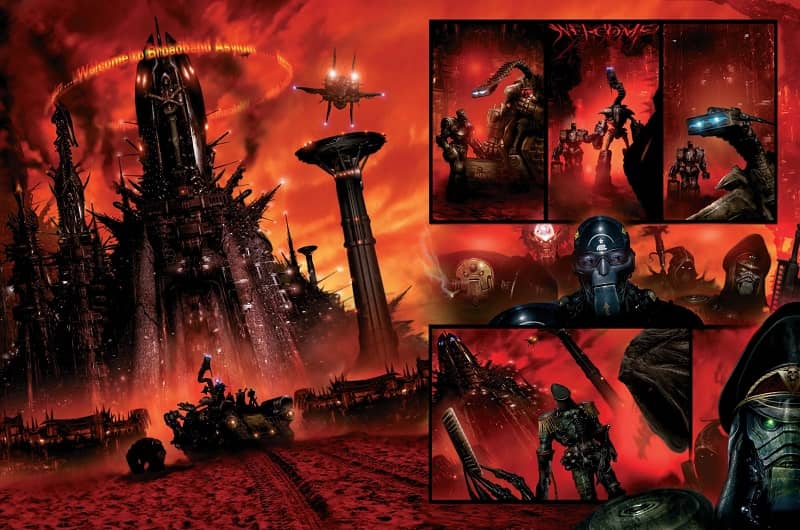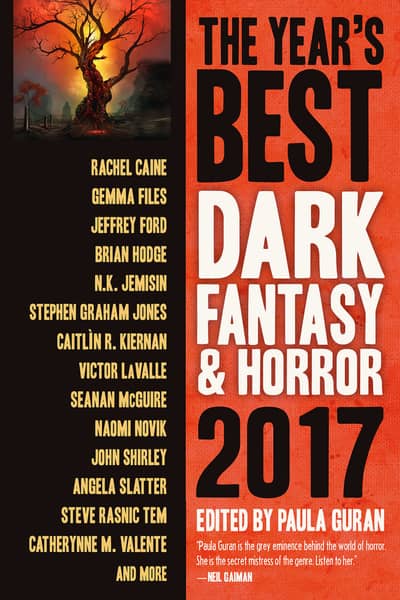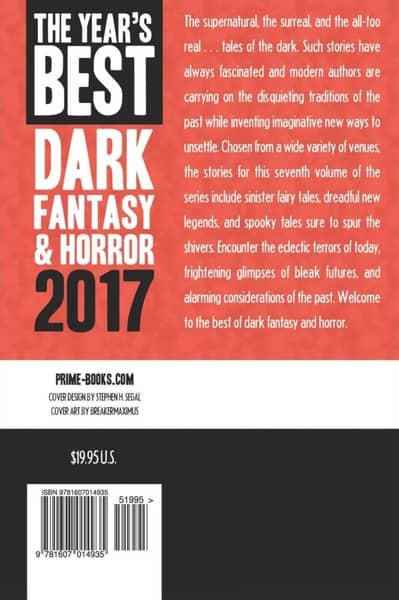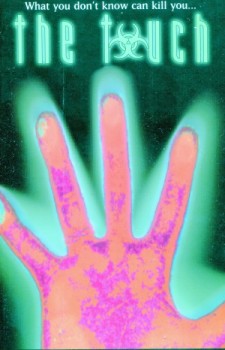John DeNardo on the Definitive List of 2017’s Best Science Fiction and Fantasy
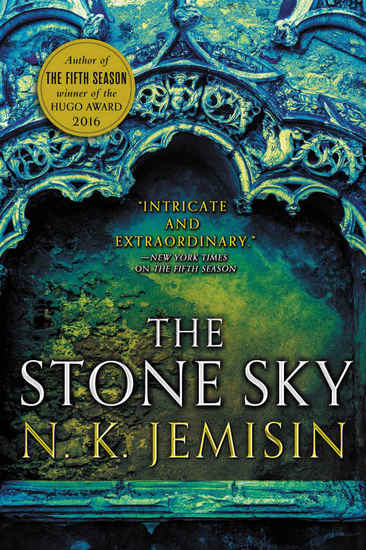 |
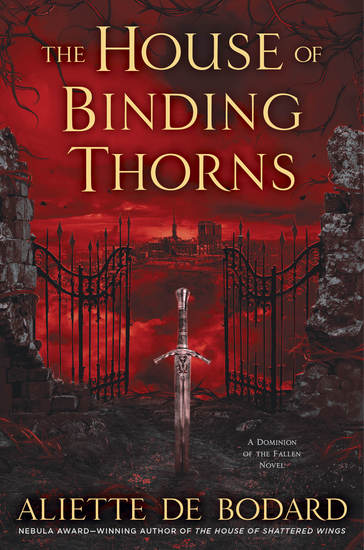 |
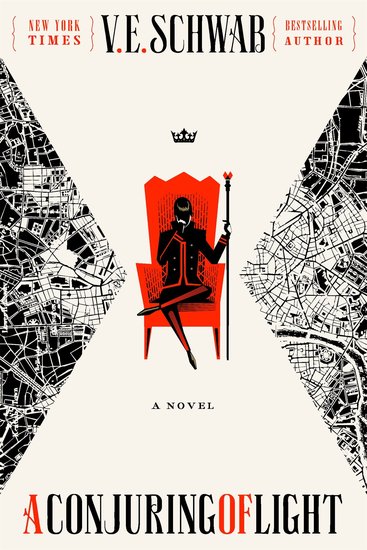 |
As he does every year, John DeNardo breaks down the Best of the Year lists to find the most widely acclaimed science fiction, fantasy, and horror books of the last 12 months. Why does he do it?
I love looking at book-related “Best of the Year” lists because it’s fun to see what made the cut and how lists differ from one another. Even better: lists stoke my desire to read and point me towards books I may have otherwise skipped over. However, an abundance of “Best of” lists begs the question: which books truly deserve that label? Which books are the absolute best?
Intent to find some concrete answer to those admittedly subjective questions, I began an intense session of OCD-fueled list aggregation and spreadsheet manipulation to find which science fiction and fantasy books garnered the most mentions. The result is a very unscientific — but nonetheless worthwhile — “Best of the Best” list of the science fiction and fantasy books that debuted in 2017.
For those (like me) who want to read the books that everyone is talking about, and get a jump on the 2018 awards season, John’s meta-list is invaluable. Let’s see what’s on it.
